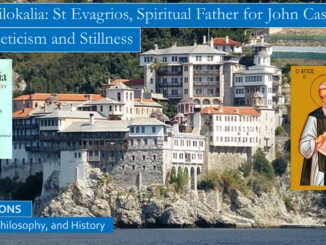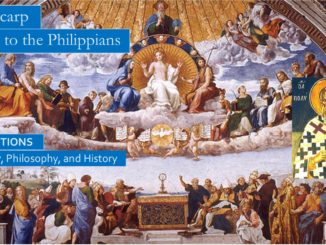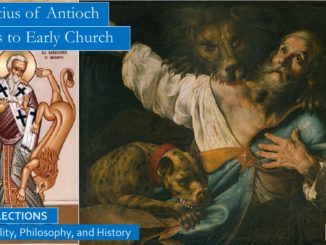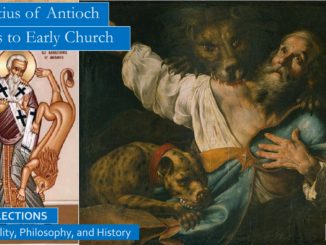
St Evagrios, On Asceticism and Stillness in the Solitary Life
Evagrios begins by quoting Jeremiah, “You shall not take a wife in this place.” The primary meaning of this verse is advice not to bear sons and daughters in time of war and troubles, but Evagrios interprets this allegorically, that we should not bear worldly thoughts and desires in our heart. These worldly thoughts and desires are weak and sickly and lead to death, and “have no place in heavenly life.” […]




